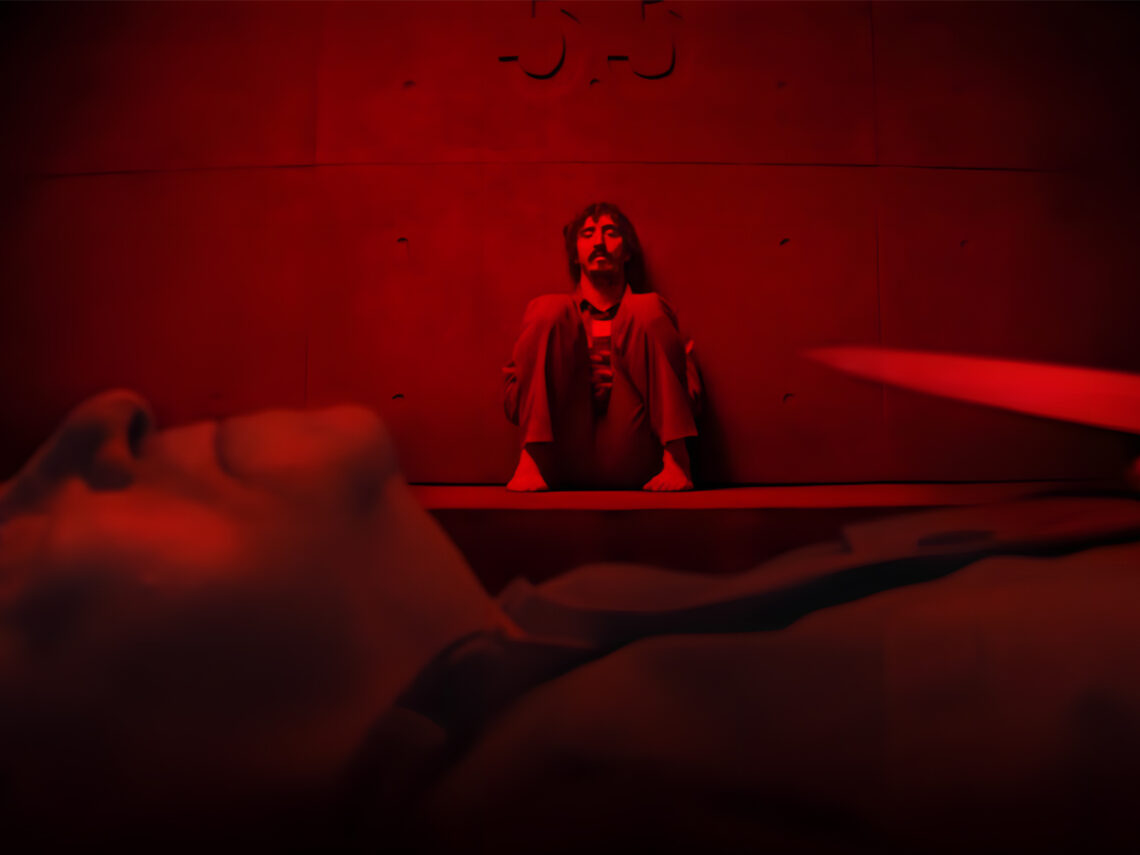
The Netflix movie twist that quietly changed how streaming thrillers work
Some films throw their twist at you with full force, others whisper it. Letting the idea settle slowly until it lingers long after the credits roll. Over the years, Netflix has hosted all kinds of thrillers: the jump-scare-heavy, the psychologically complex, and the downright bizarre. But in the middle of all that noise, one film changed the game quietly.
Released in 2019, a Spanish-language indie crept onto Netflix without fanfare. It had no Hollywood stars, no big-budget gloss, and a setup that sounded almost absurd. A man trapped in a prison built like a vertical tower, with a platform carrying food down level by level. The title was The Platform. And it was about to redefine how streaming thrillers could work.
At first, it seemed like a grim, dystopian parable about class and survival. A little gruesome, a little weird. Basically, just the kind of thing Netflix viewers would binge on a lazy Sunday. But as the story unravelled, it became something stranger and more radical. And then came the ending. Or more accurately, the moment that made you sit back and rethink the entire film.
The Platform does not deliver a conventional twist. It delivers something rarer. A structural shift that redefines what you are watching while refusing to offer a neat explanation. It bends genre expectations without announcing it. And that, more than any jump scare or shock death, quietly changed how thrillers began to look and feel on Netflix.
The entire film builds tension through a brutal social experiment. Each floor of the vertical prison gets access to food in descending order. The higher your level, the more you eat. The lower you are, the more you suffer. When the main character, Goreng, finally reaches the bottom, he discovers a young child has been hidden there, defying everything the system claimed was true. At that moment, the story stops being about escape and becomes about something more symbolic, sending a message.
The twist is not survival. It is a sacrifice. Goreng does not win. He vanishes into the system, leaving only the child to rise to the top as a signal. It is one of the quietest, boldest endings Netflix thrillers have ever attempted. No loud music, no dramatic close-up, just a shift in what you thought this story was.
What made this twist so quietly game-changing is how it flipped expectations. Most streaming thrillers rely on a final jolt: a dead character who is suddenly alive, a lover with a secret identity, or a timeline you never saw coming. The Platform did the opposite. It slowed down. It gave you a moment of quiet hope in a film full of violence. It asked you to think, not react.
After this film, a wave of thrillers on Netflix began embracing more ambiguous storytelling. Think of the chilling final moments of The Chalk Line or the spiralling ambiguity of I’m Thinking of Ending Things. Even films like Cadaver or The Swarm carry moral twists that do not arrive with a bang but with a subtle shift in tone. These are stories that do not just scare you. They leave you with questions.
And then there is the global factor. The Platform proved that a Spanish-language indie with no major names could dominate charts, spark theories, and influence a genre. Netflix became a place where directors could take creative risks and know there was an audience ready for something stranger, smarter, and not tied to convention.
It is easy to forget now, but before The Platform, Netflix thrillers still played it safe more often than not. This film gave them permission to be weird. To be unresolved. To let the twist feel less like a trick and more like a quiet revolution.